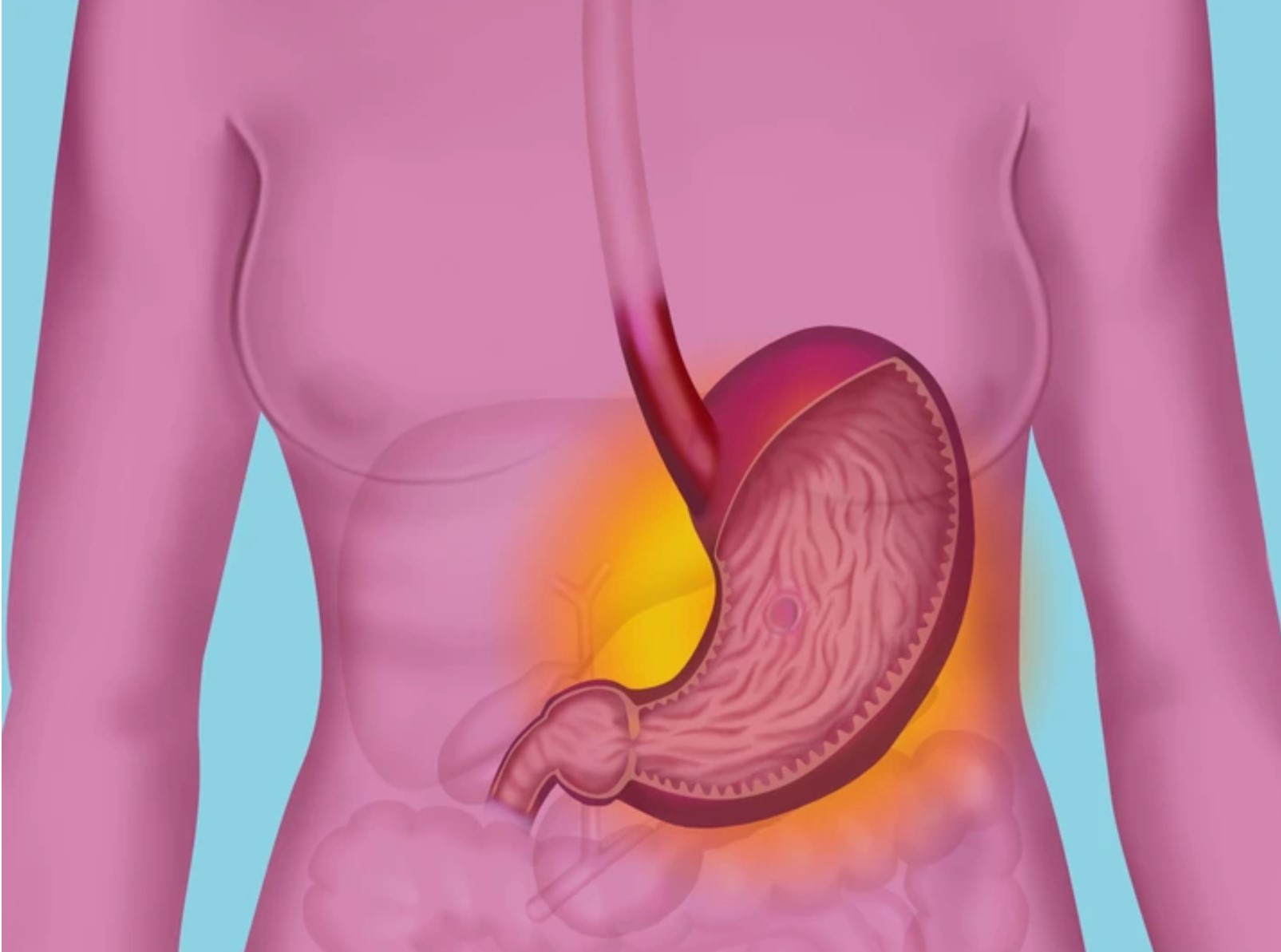HEALTH & LIFESTYLE
Stomach lining damage makes you 76% more likely to develop Parkinson’s, study suggests

Continue Reading
HEALTH & LIFESTYLE
You are slowly killing your kidneys with these 7 practices
HEALTH & LIFESTYLE
Secret Reasons Ladies Are Buying Cucumbers At A High Rate
HEALTH & LIFESTYLE
4 Secret Places To Touch A Woman To Drive Crazy
-

 SPORTS9 months ago
SPORTS9 months agoLicey celebrated its customary Father’s Day game last weekend
-

 SPORTS10 months ago
SPORTS10 months agoNavigating the Future of Tennis: Novak Djokovic’s Vision and Leadership
-

 SPORTS10 months ago
SPORTS10 months agoBelgium, held in check by Ukraine, will face France in the round of 16
-

 METRO6 months ago
METRO6 months agoI was in His Bed One Day When He Came To Lie Over Me And Started Doing Things I Didn’t Expect –
-

 METRO9 months ago
METRO9 months agoWealthy Man Mocks Her Due To Her Skin Color Unaware Of Her Identity, She Teaches Him A Harsh Lesson –
-

 METRO10 months ago
METRO10 months agoWhat Did Jesus Mean that He Was the Stone the Builders Rejected?
-

 IN-THE-NEWS10 months ago
IN-THE-NEWS10 months agoMeghan Markle’s ‘odd greeting ritual’ to Kate Middleton at huge royal event
-

 IN-THE-NEWS6 months ago
IN-THE-NEWS6 months agoЕнді қазақстандық мектептерде тамақтандыру сапасына күнделікті тексеріс жүргізіледі



